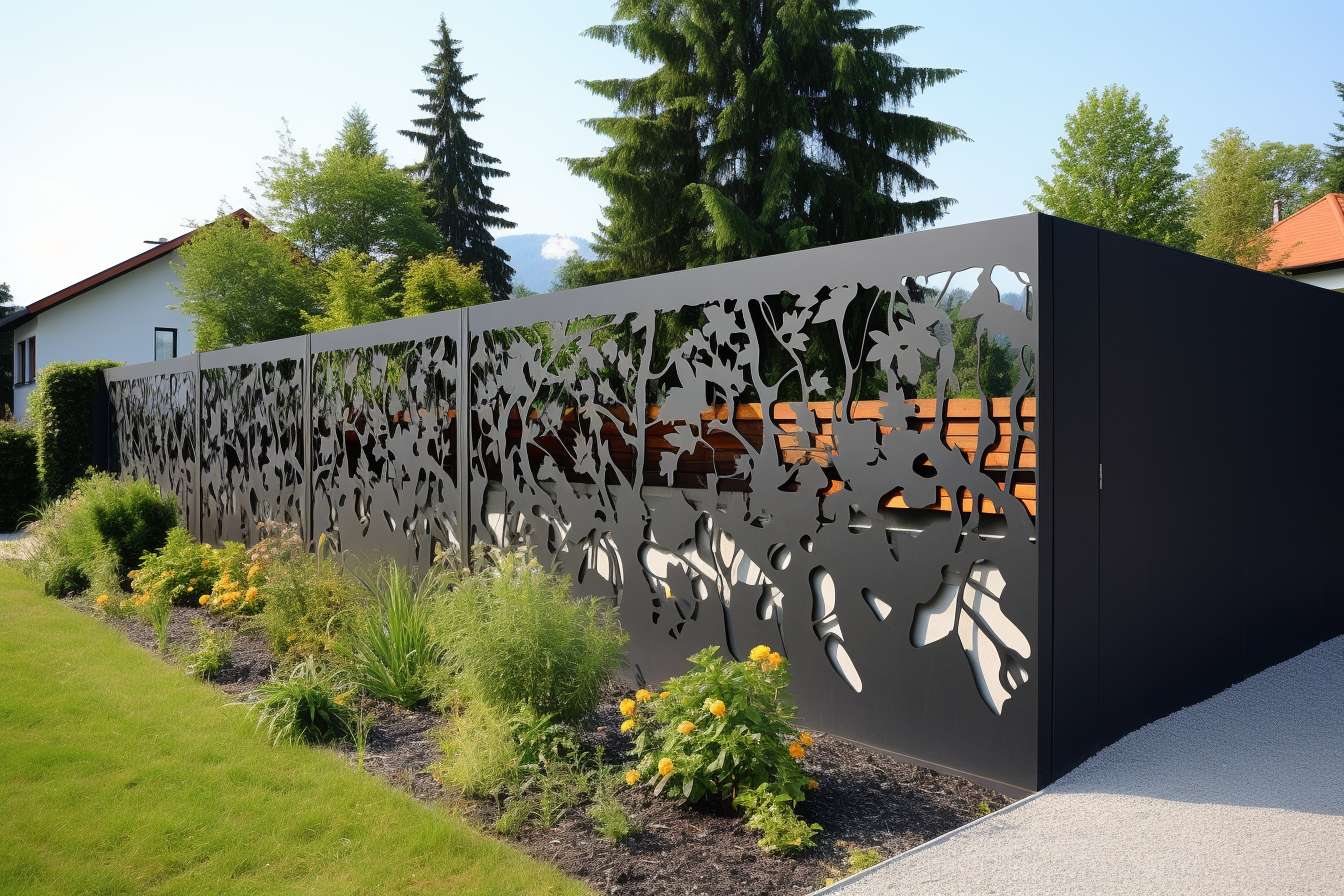Fence Companies and What to Expect for Home and Garden Projects
Choosing a fence company affects the long-term look, function, and maintenance of your property. Whether you’re enclosing a garden, improving curb appeal, or adding a privacy barrier, working with an experienced fence company helps ensure that materials, local building codes, and site conditions are handled correctly. This article explains key considerations when hiring a fence contractor, how fence work relates to garden and home improvement, important construction factors, and how fences contribute to privacy.

What should you look for in a fence company?
When evaluating fence companies, check licensing, insurance, and local references. A licensed installer indicates familiarity with permitting and building code requirements in your area. Insurance protects you if accidents or property damage occur during construction. Ask for recent project photos and references, and look for clear written estimates that list materials, labor, timelines, and warranty details. Transparent communication about site prep (vegetation removal, grading) and post-install cleanup is another useful indicator of professionalism.
How do fence companies work with garden areas?
Installing a fence around a garden often requires additional planning to preserve plantings and drainage. A reputable company will discuss root zones, the need for trenching versus post-hole digging, and how the fence design affects sunlight and airflow for plants. Materials like vinyl, cedar, or metal can be chosen to complement garden aesthetics and resist moisture. Consider gate placement for tool access and whether raised beds or irrigation systems need protection during construction to avoid damage.
How does a fence project fit into home improvement plans?
A fence is frequently part of broader home improvement efforts—landscaping, exterior painting, decks, or driveway work. Coordinate scheduling to avoid overlapping contractors in the same area and to maintain consistent design elements across the property. Discuss finish options, heights, and materials so the fence integrates with siding, rooflines, and outdoor living spaces. Budget for potential additional costs such as retaining walls or erosion control if your property has slopes that affect fence line stability.
What construction considerations matter for fence installation?
Construction factors include soil type, slope, frost depth, and property lines. Soil that’s sandy, clay-heavy, or rocky can change post-hole techniques and foundation depth. In cold climates, posts should be set below the frost line to reduce heaving. Sloped yards may require stepped or racked fencing methods to maintain visual continuity and structural integrity. Confirm property boundaries with a survey or markers to avoid disputes; reputable companies will encourage a boundary check before work begins and obtain any necessary permits.
How do fences contribute to privacy and security?
Fences provide varying degrees of privacy and security depending on height, material, and construction. Solid wood or vinyl panels offer privacy by blocking visibility, while metal or picket styles provide a sense of boundary with less screening. Consider combinations—taller solid sections near living areas and open-style fencing elsewhere—to balance privacy, airflow, and sightlines. Security features can include self-closing gates, keyed locks, and hardware choices; however, layering with lighting and landscape design often improves overall effectiveness without relying solely on fence height.
| Provider Name | Services Offered | Key Features/Benefits |
|---|---|---|
| Home Depot | Materials sales and installation via Home Services | National retail access to fence materials; coordination with local installers and warranty options for installed work |
| Lowe’s | Materials sales and contractor-arranged installation | Wide selection of fencing products, installation arranged through vetted local contractors |
| Master Halco | Wholesale fence materials and components | Large distributor supplying commercial and residential fence materials to contractors and retailers |
| Ameristar Fence Products | Manufacturer of ornamental and steel fencing systems | Prefabricated steel and ornamental fence products suitable for residential and commercial projects |
| Local fence contractors | Custom installation, repairs, and site-specific solutions | Hands-on local expertise, familiarity with local codes, and more flexible custom work options |
Conclusion
Working with a fence company involves more than picking a material; it requires checking credentials, understanding site-specific construction needs, and aligning the fence with garden, landscape, and home improvement goals. Review references and written estimates, confirm property lines and permits, and select materials and designs that balance privacy, security, and visual appeal for your property. Thoughtful planning makes a fence a durable, functional addition to your outdoor space.






